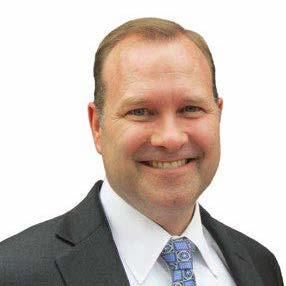In the Washington Post, Michael Gerson argues the thing that might cost Hillary Clinton the election is something that neither presidential candidate is spending much time talking about: Obamacare. He writes that immigration may be "the main motivating issue" that gets voters to turn out, but "the general atmosphere of contempt for government that helps Trump—of disdain for the weakness and incompetence of the political class—is due to the Affordable Care Act." Gerson adds, "A higher proportion of Americans [19 percent to 18 percent] believe the federal government was behind the 9/11 attacks than believe it has helped them through Obamacare."
Gerson is hardly a conservative firebrand or a Tea Partier. (If he were, he wouldn't call Obamacare—officially the Patient Protection and Affordable Care Act—the "Affordable Care Act.") So if Gerson can see how toxic Obamacare is for Democrats, one wonders why more Republican candidates can't seem to see that as well.
There is little evidence, for example, that Ron Johnson in Wisconsin and Darryl Glenn in Colorado realize that their only realistic paths to upset wins in their respective Senate races is to make them single-issue contests focused on Obamacare. Indeed, without the votes of the two men's opponents, Russ Feingold and Michael Bennet, Obamacare wouldn't even exist. Feingold even proudly admitted (at 51:00) that he was "the deciding vote for the health-care bill," but Johnson doesn't seem to have gleaned that the sole issue that got him to the Senate—at Feingold's expense—is also the sole issue that can keep him there.
Todd Young in Indiana should be making his campaign against Evan Bayh a two-issue race: one, Obamacare, and two, Bayh's disinclination to live in Indiana. Bayh retired from the Senate rather than face Hoosier voters after his decisive Obamacare vote. There's no way he should be able to reclaim his old seat, in a right-leaning state, unless Young fails to hammer home the issue of Obamacare and Bayh's culpability in bringing it into existence.
Other Republican Senate candidates in tight races—Kelly Ayotte, Richard Burr, Pat Toomey, Joe Heck—would all be hard-pressed to err on the side of emphasizing Obamacare too much. They would be well-served to remind voters that the only chance to do the American people's bidding and finally repeal Obama's namesake is to have Republicans hold the Senate and pick up the White House. As for alternatives to Obamacare, it's not too hard for Senate candidates to point to the proposals advanced by the 2017 Project and the Hudson Institute (my plan), House Budget Committee Chairman Tom Price (whose legislation has 84 House cosponsors), and House GOP leadership.
Obamacare already cost the Democrats a 75-seat majority in the House in 2010 and a 20-seat majority in the Senate between 2010 and 2014. It's going to cost them again in 2016. The only question is how much.













